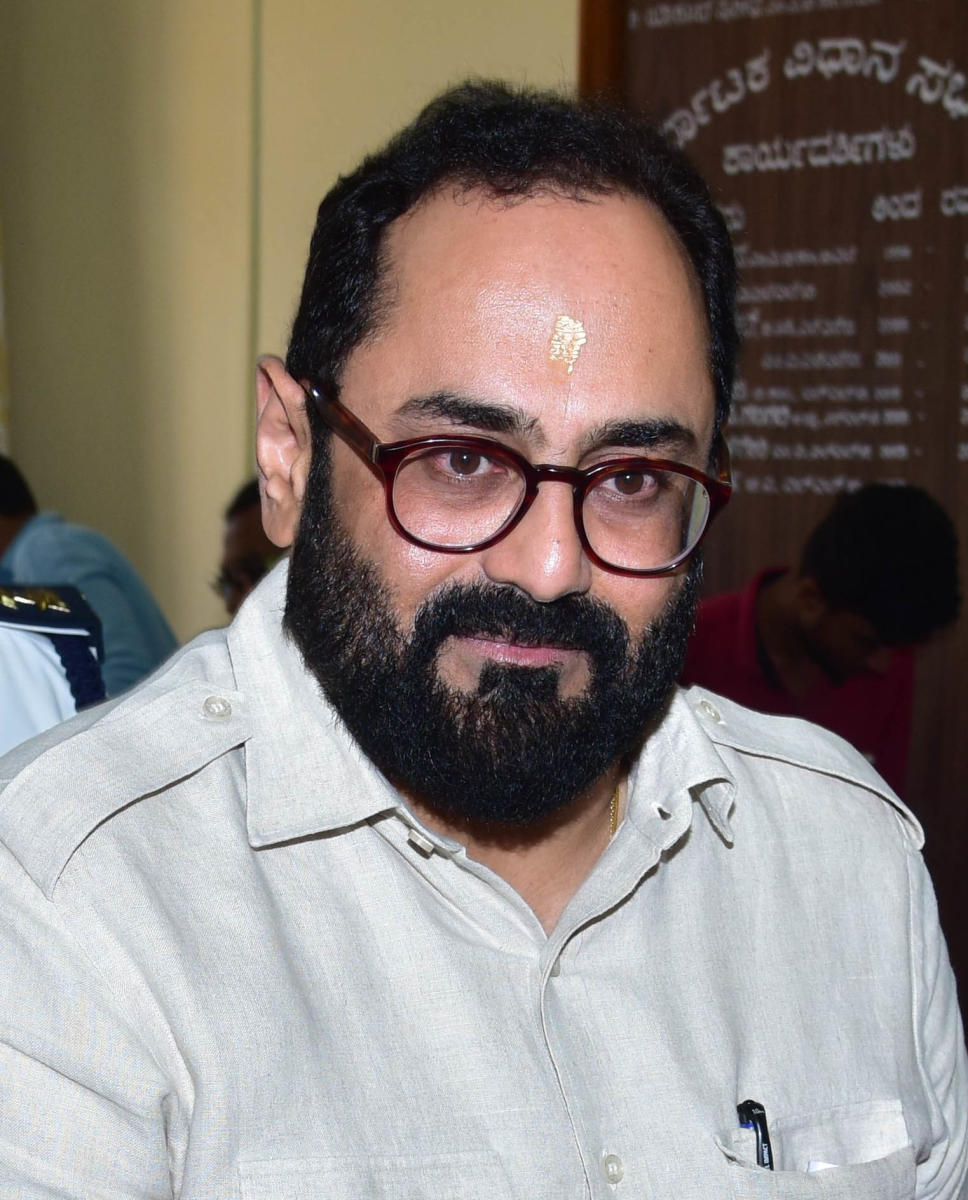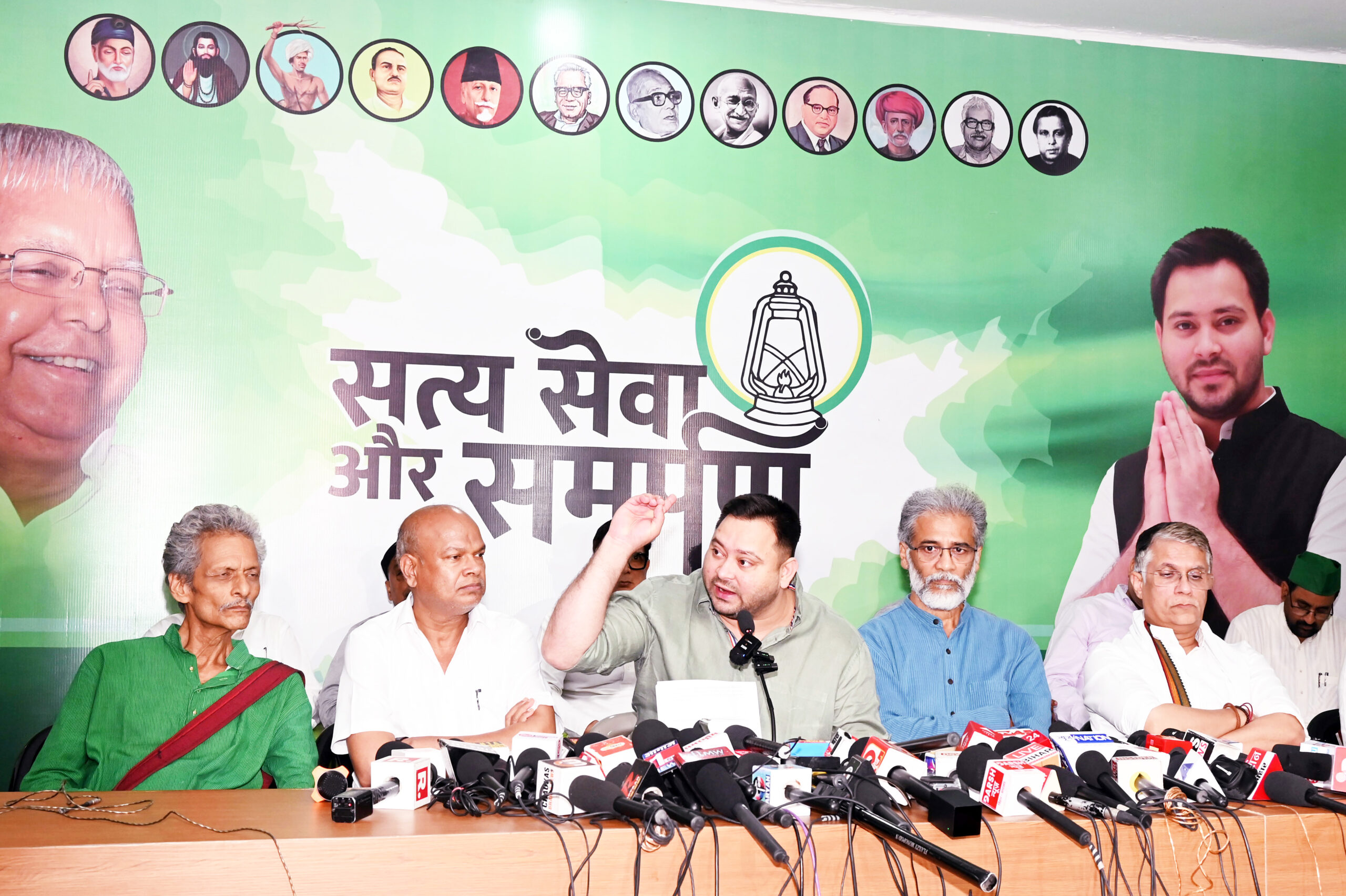Delhi Police marked one year of new criminal laws with over 2.5 lakh FIRs filed.
NEW DELHI: Marking one year since the successful implementation of new criminal laws in the national capital, Delhi Police data shows that over 2.5 lakh First Information Reports (FIRs) were filed during this period, with charge sheets registered in 62,000 cases.
According to the Delhi Police, “All police personnel have been trained, and so far, more than 2.5 lakh FIRs have been registered under the new law, out of which charge sheets in more than 62,000 cases have been filed.”
Notably, this period also saw intensified action against drug abuse. In 2024, more than 26,000 kg of drugs worth around Rs 9,200 crore were destroyed. During the same year, action under the PITNDPS Act was taken against seven criminals, and property worth approximately Rs 4.75 crore was seized, the data stated.
To mark the first anniversary of the new criminal laws, the police organised an exhibition demonstrating the proceedings of a criminal case under the new laws to the public, bringing to life the journey of a case through a combination of audio-visuals, animations, and live play aids.
The new criminal laws—the Bharatiya Nyaya Sanhita, Bharatiya Nagarik Suraksha Sanhita, and Bharatiya Sakshya Adhiniyam—replace the colonial-era Indian Penal Code (IPC), Criminal Procedure Code (CrPC), and Indian Evidence Act.
Major features highlighted in the exhibition include the mandatory involvement of forensic experts in cases involving offences punishable with imprisonment of more than seven years. This ensures a more scientific and credible investigation process from the outset.
Supporting this is the use of digital platforms like eSakshya for the secure collection and tamper-proof storage of evidence, thereby improving the admissibility of digital evidence in court.
To further streamline investigations, eForensics 2.0 has been integrated with CCTNS, enabling the electronic transmission of exhibits to forensic laboratories. This minimises delays and increases the speed and accuracy of forensic analysis.
Similarly, the MedLEaPR application allows hospitals to directly share post-mortem and medico-legal reports with investigating agencies through CCTNS, ensuring a secure and timely flow of critical medical evidence.
The laws have also introduced greater flexibility and efficiency in the judicial process. For instance, police can now seek custodial remand anytime within 60 days of arrest, rather than being limited to an early fixed window. In addition, draft charge sheets can be digitally shared with prosecutors via cloud storage, overcoming file size barriers and speeding up case review.
Since July 1, 2024, all fresh FIRs have been registered under the Bharatiya Nyay Sanhita (BNS). However, cases filed earlier continue to be tried under the old laws until their final disposal.
The new laws have brought a modern justice system, incorporating provisions such as Zero FIR, online registration of police complaints, summons through electronic modes such as SMS, and mandatory videography of crime scenes for all heinous crimes.
These laws take into account current social realities and modern-day crimes and provide a mechanism to effectively deal with them, keeping in view the ideals enshrined in the Constitution.






















